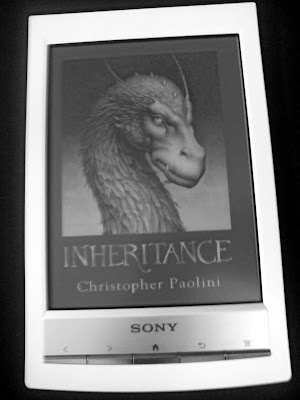 |
| Anu Vaidyanathan- founder of Pat N Marks |
The very next day there was a workshop on User Experience Design (UX) by Benjamin Mailian. It was quite an interactive workshop where Ben was prodding the participants and making them see their product in a whole new light. The cliché, “PUT YOURSELF IN THE USERS' SHOES!” was actually felt and the start-ups acknowledged the importance of ‘User Perspective’ at the end of it.
The UX workshop made the start-ups revisit their design decisions. For team Nukkad, it was quite an eye-opener because they realized that what once seemed very obvious to them was not quite apparent to the end-users. The photography-centred startup, FOCALOID, realized that their most important feature of uploading pictures could not be easily spotted on the home screen. Thus some of the start-ups, with the help of Sandeep Nandi- Visual Designer from NID who is associated with iAccelerator, started re-working on their designs.

Ben with the boys!

The month went on with some start-ups burning the midnight oil in office- for instance; the FRILP team would work in shifts, on days staying up till dawn. Since the entire team is from Chennai, they were quite excited about superstar Rajnikant’s birthday which was on 12.12.12! A couple of days prior to it, one of the team members came up with the thought of making a website to wish the superstar and the entire FRILP room resonated with the idea (I know because I was staying with a couple of FRILP team members). They were so pepped up about it, that they walked into the office at 12:15 am on 11.12.12 and in a matter of 5 hours they completed designing the site, coding it and even deploying it! The enthusiasm was in the air the next morning and I was amazed when I saw their work:
 |
| Kudos to the FRILP team! |
The week after that saw the likes of Rohit Nair and Aakrut, who had come to meet the budding entrepreneurs and also seek out a possibility of investment. Rohit was an exuberant personality- he gelled well with almost everyone that he met and added some value to their product. He had a one-on-one conversation with all the start-ups regarding their product and later also shared his entrepreneurial journey with them (He was the founder of QuizWorks and Quizzing.in and currently he’s the COO at Contests2Win). It was quite a brilliant session for all the start-ups; in fact it so turned out that members of team Nukkad and Rohit were batch-mates. On this realization, he took them for lunch and they spoke about the undergraduate days at University Visvesvariya College of Engineering.
The start-ups were still a bit unsure of their User Interface and that’s where Mr. Jonah and Ms. Subalekha came in. These were two young UX consultants who had started their new company a couple of years back, called Paper Equator. I was quite curious by this name and asked them what it meant. Subalekha replied saying, “When someone gets an idea, he normally jots it down on paper. We ensure that the idea is transformed from the paper and reaches everywhere (Equator).” Quite a creative name, indeed!Jonah and Subalekha held 1.5 hr sessions with all the start-ups and the best part about it was that the session would address a specific problem that they face and eventually solve it within the time-frame. This session - known as UX Flare – was quite productive for all the start-ups as it left them with something tangible which they could implement.
As the demo day draws nearer, the intensity of work at iAccelerator keeps increasing. Christmas or a public holiday for the Gujarat elections is as good as any working Monday. Time/Day no longer seems to be an entity at iAccelerator. And you have to hand it to these guys for the attitude; for it is this very attitude that gives life to everything that we see around us. As the famous quote hangs at one of the doors at INSEAD,
“The whole world would’ve been an idea, if not for implementation."



